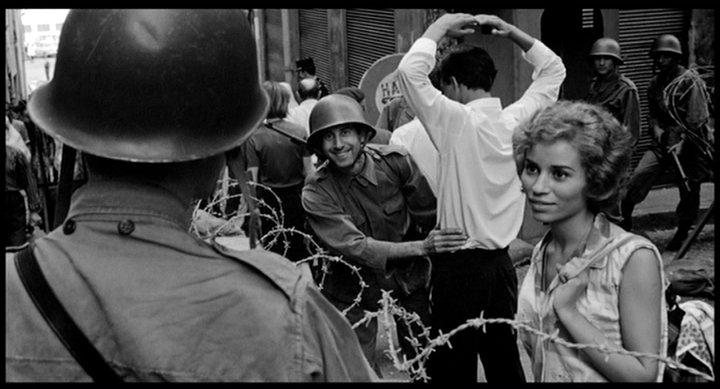I don’t know if anyone else has seen this already, but Buzzfeed made a pretty cool article about technology and media. It has a lot of stats about mobile usage, which is what my group is working on for our project so I found that pretty interesting. Here’s the link if you want to check it out:
http://insights.buzzfeed.com/industry-trends-2014/
In our reading for this week, there was mention of the start of reality tv and America’s growing interest in filming their own lives. Because cameras are now so easily obtainable, it makes it easier for people to produce their own films and documentaries. I find it interesting that so many of us are entertained by watching the drama of other people’s lives like the Kardashians and shows like the Bachelor, in which some of the drama is probably completely staged to make them seem more interesting. In that case, why do we still label it as “reality” tv, if most of it is not realistic? Some of these shows could be filmed documentary style but not be real at all, like the Megladon film or Mermaids: The Body Found by Animal Planet. It makes it hard to find the line between what is real and what isn’t when so many people are creating this kind of media.
I found it interesting that in the scene where the two cops were searching the hair salon for drugs, they were surprisingly calm about the whole process. It was very commonplace for them, because it is something they do multiple times on a daily basis. They even started making jokes with the man they were going to arrest for possession of the drugs, and he didn’t even seem like he felt any guilt for his crime. It really showed me that the war on drugs is still very prevalent, and for it to become such a common issue it proves that there is a need for a solution.
In The Age of The Image, Stephen Apkon makes an important point about the immediacy of news in the media in our time because of the internet and inexpensive video recording equipment. He makes in important point that in our culture we have a hard time believing in the occurrence of an event unless we see it with our own eyes, and with the invention and evolution of media it makes it easier for news to reach the eyes of millions and billions of viewers. Not only are our values shaping the way media is presented anymore, but the presentation of media now has influence on the development of those values.
The manipulation of the way a video is presented to its viewer has a dramatic effect on what each individual is going to take away from its message. Apkon talks about the immediate reaction to the Invisible Children videos exploiting the horrifying acts of Joseph Kony. Apkon mentions that through the immediacy of today’s media it is easy to spread any kind of awareness of a particular event if it captivates its viewers.
I read an article that Rolling Stone published about the 25th anniversary of Do The Right Thing, and in it Spike Lee talks about how he wanted the audience to also feel the heat, both from the weather and the tension between the characters. He said “I wanted people to be sweating from watching this film, even though they might be seeing it in air conditioning … We painted that red wall. In many shots, our great cameraman Ernest Dickerson would put a butane lighter underneath the lens.” In almost every shot there is somebody sweating, fanning themselves, and complaining about how hot it is. The physical heat also relates to the heat between each racial group living in that part of the city, because as it gets hotter, the tension also starts to escalate.
Here is the interview by Rolling Stone if anyone is interested in reading it:
http://www.rollingstone.com/movies/news/fight-the-power-spike-lee-on-do-the-right-thing-20140620#ixzz3QoVn7YnD
Just another Sites at Lafayette College site
